Each morning I have the habit of rising early and feeding all of the animals while a pot of coffee brews in the kitchen. By the time I get back to the house the coffee is freshly perked and the fire is crackling in the soapstone fireplace bringing the house back to a warm temperature. Then I sit in my chair drinking a cup or two of coffee waiting for the morning’s light to gradually illuminate Squaw Butte on the distant western horizon. During this quiet time I am listening for the Lord’s voice in hopes of receiving direction for the approaching day. This has been my routine for as long as I can remember and I have grown to deeply value not only the peace it brings, but the inspiration and clarity for decisions I must make and actions I must take to tackle the challenges the new day will bring.
Sitting there in the early morning darkness the fire’s reflection illuminates a series of hand sculptured tiles inlayed across the hearth. They are tiles my parents had created by a local artist, Dean Estes, for Nancy and me. Dean is not only a gifted sculptor, but a long time family friend who took nearly a year to lovingly sculpture nine wax blocks with images taken from a series of black and white illustrations. They came from a book my dad had written which tells the story of our family’s westward journey by wagon train in the 1800’s. Dean transformed the wax sculptures into individualized clay tiles that he carefully glazed and fired. Each tile represents a significant event which occurred on the long and difficult passage across the Great Plains and over the Rocky and Sierra Nevada Mountains.
Seeing these images every morning provides me with a reminder of my roots and heritage. They give me courage during seasons when my life becomes overwhelming. Thinking about what those early pioneers willingly chose to do somehow grounds me as a person living in the 21st century – a time when everything feels uncomfortably uncertain. They challenge me to remember the pioneer spirit and strong values that motivated my early family to risk everything for the sake of a free and wholesome life. They urge me to embrace those values and that spirit for myself.
More and more people are looking for the life that Nancy and I have been seeking as we moved onto Timber Butte. The word sustainability has emerged in recent years to describe a desire to regain the pioneer spirit. It speaks of breaking away from the confines and the feelings of vulnerability when living a day to day existence that is literally at the mercy of an uncertain social system. Modern day homesteading (which can take place in the country or the city) is an effort to produce healthier food, drink better water, use renewable energy sources and experience the freedom to raise our families with righteous values for the sake of better and more meaningful lives. The Apostle Paul once said as he concluded his letter to the Philippians, “Finally, brothers, whatever is true, whatever is noble, whatever is right, whatever is pure, whatever is lovely, whatever is admirable—if anything is excellent or praiseworthy—think about these things.” [Phil 4:8] Although he didn’t say it, I think Paul would agree that we shouldn’t just think about such things, but must have the courage to pursue them as well.
Looking back at my heritage gives me the courage and motivation to break away from status quo. It causes me to strive to recapture the values that must have driven those early pioneers to rethink and restart their lives outside the confines of a social system that no longer focused on what was true, noble, right, pure, lovely and admirable. They longed for a new way of life and a new beginning, and they were willing to sacrifice to achieve it. When we lose sight of our heritage it can cause us to flounder and lose our way. I think of our nation for example; every time we begin to forget the principles and intent of our founding fathers we begin to redefine our values becoming weakened by division. In doing so we forget who we are and why God once blessed everything we put our hands to. In the end we begin to gravitate towards being a society much like the one our founders rebelled against. This can be true in our personal lives as well. Looking to the past can help us regain purpose for a preferred and better future. Even the bad things of the past can be used to launch us into a better and more fruitful future.
The old adage, “history repeats itself” generally holds a negative connotation. It is true, many times the child of an alcoholic can become an alcoholic, an abusive person has often been abused, but it doesn’t have to be that way. Our negative past can help us strive towards a positive future. It is all about looking back and learning not only from the valor of those who went before us, but from their mistakes as well. History will only repeat itself if we ignore and deny the past, refusing to make courageous choices to turn away from the bad so that we might cling to the good. It is for this very reason that Nancy and I have dedicated our lives to Christ. Making these kinds of life-changing choices is nothing short of miraculous – it’s something that only God can do. He came to forgive what needed forgiving from our past so we might live in freedom from habits, hurts and the painful memories that paralyze. What he does is real and tangible, and for this reason faith was a key value for our pioneer ancestors. Regaining that pioneer spirit and the values that accompanied it – this is the hope for the challenges we now face in the 21st century.

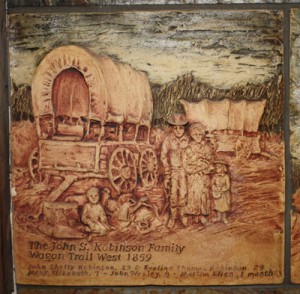
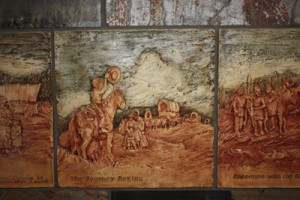
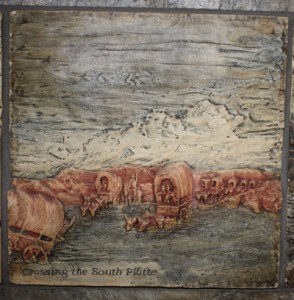
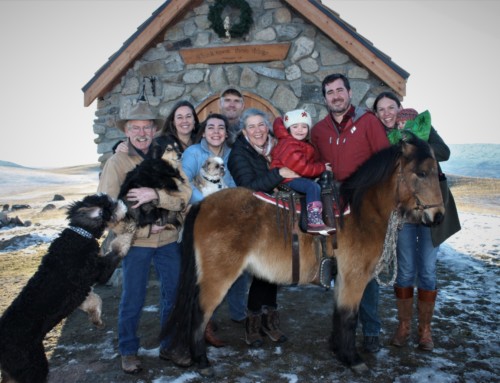
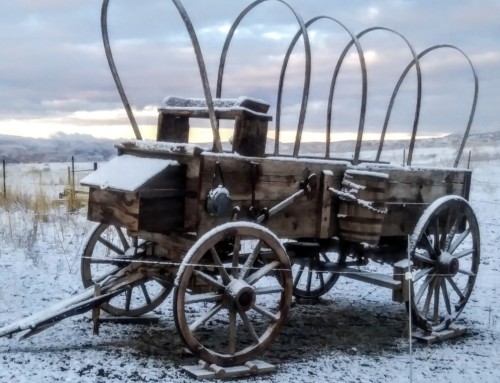
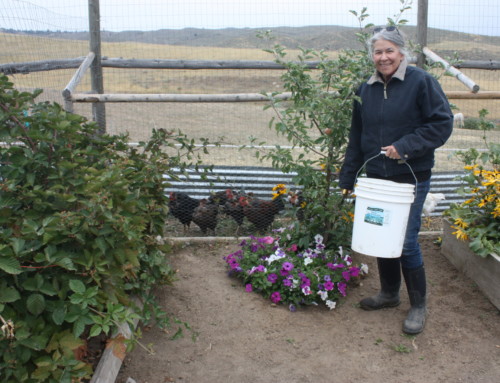
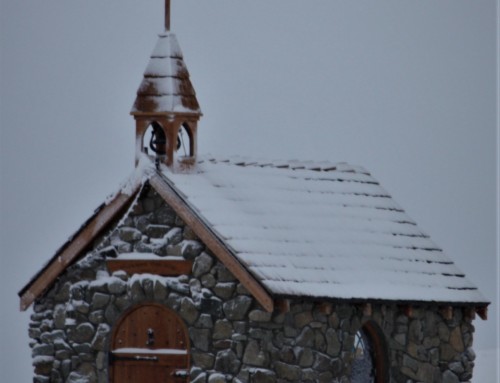
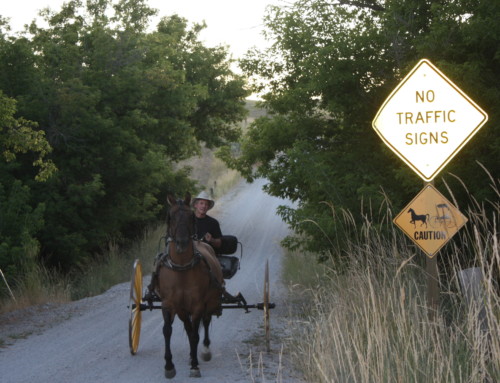
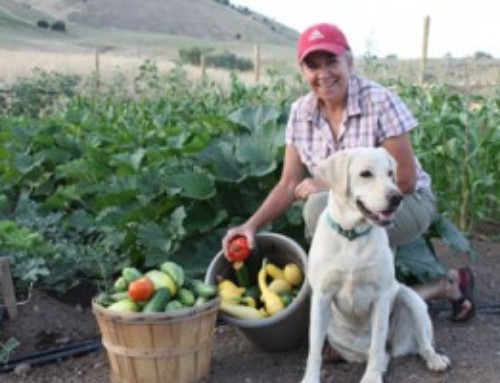
Leave A Comment
You must be logged in to post a comment.